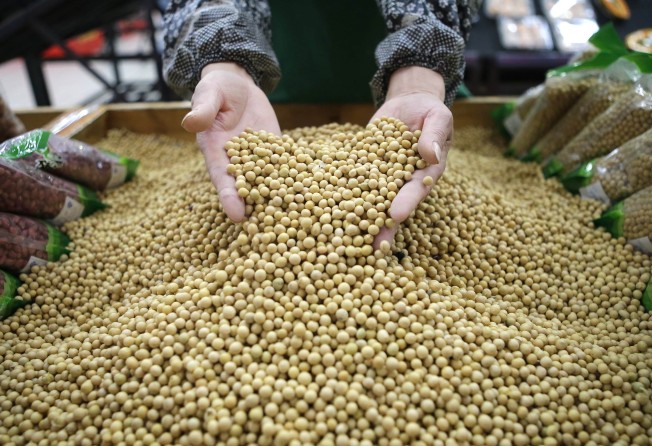ChemChina’s Syngenta bid could change China’s stance on GMO foods
President Xi Jinping already backs scientific research into genetically modified seeds. And having a Chinese champion should make it easier for the government to permit domestic cultivation.

ChemChina can reap the rewards as China opens up to bioengineering. The state-owned group’s US$43 billion bid for Syngenta could thaw hostility towards genetically modified organisms: nationalist fears will be less credible once the seeds are in Chinese hands.
The buyer will be able to push into a huge new market but so, in time, will rivals like Monsanto.
Genetically modified crops are divisive within the Communist Party.
Scientists are pushing for GMOs to improve China’s puny crop yields – hectare-for-hectare, the country’s farmers produce one-fifth less cereal than the United States, World Bank data shows. But hardliners, especially within the People’s Liberation Army, fear GMOs could bring health risks plus a foreign stranglehold on the food supply.
Cotton and papaya are the only such crops that can be grown in China and most GMO products are banned from human food.
However, China is already the world’s biggest importer of GMO soybeans for animal feed. It also buys insect-resistant corn and cotton.
ChemChina’s bid requires domestic approval, of course. But company chairman Ren Jianxin looks to be pushing on an opening door. Despite the opposition of the PLA and campaigners such as Greenpeace, President Xi Jinping (習近平) already backs scientific research into genetically modified seeds. And having a Chinese champion should make it easier for the government to permit domestic cultivation.
That would boost China’s seed and crop-spray market, which the companies have said is already worth US$10.6 billion, and in turn increase Syngenta’s value to ChemChina.
The target is already the world’s third-biggest seed firm, behind US competitors Monsanto and DuPont, which is merging with Dow Chemical.
However, China’s obligations under trade rules mean it would probably have to open up to other suppliers as well, such as Syngenta’s bigger US rivals. ChemChina will have to share the fruits of its harvest.